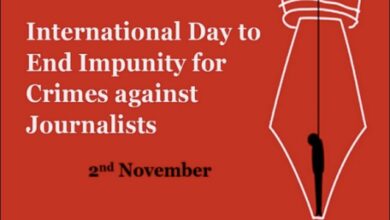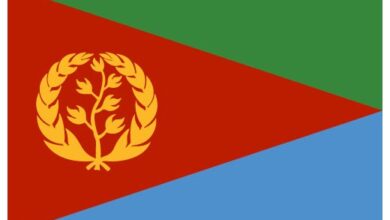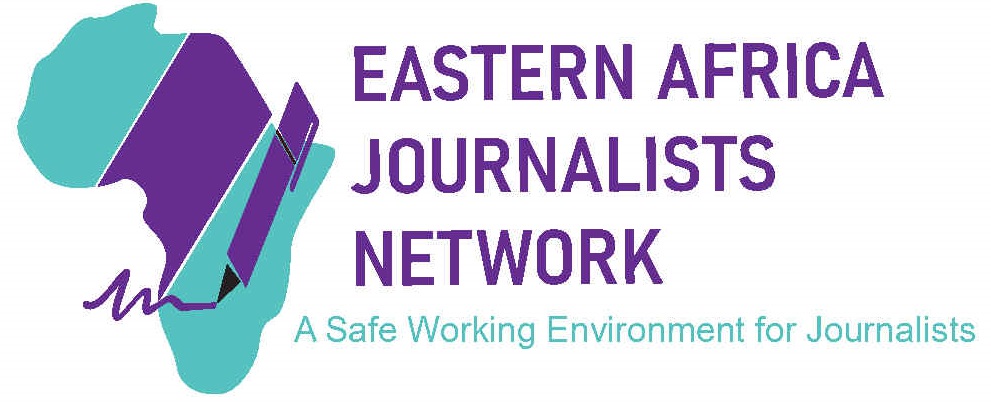Eritrea
Eritrea gained its independence from Ethiopia in 1993 after nearly 30 years of independence struggle. It is located in the northern region of the Horn of Africa and has an estimated population of 5 million.
Eritrea has ratified most of the main international and regional human rights instruments. However, the country does not have in place an institutional and legal framework to uphold minimum human rights standards. To uphold such standards, the country requires-and currently lacks- the rule of law, a constitution, and an independent judiciary to enforce the protection and respect of human rights.
This situation is made worse by the fact that Eritrea still has no national assembly to adopt laws, including those regulating fundamental rights including the right of Eritrean people to speak and the right to be heard
The Constitution of Eritrea, ratified in 1997, remains unimplemented. In its place is a continuing state of emergency declared immediately after independence and remains in force even after the 2018 peace agreement between her and Ethiopia. The agreement improved relations between Eritrea and Ethiopia and also led to closer links between Eritrea and Somalia. However, border disputes between Eritrea and Djibouti persist, in addition to the issue of missing Djiboutian prisoners of war.
As such the constitutional provisions guarantying freedoms of speech and press are neither respected nor fulfilled.
Instead the country is run by president Isaias Afwerki edicts and earlier formulated statutes that will meet the international standards. For instance, the Press Proclamation No 90/1996 regulates the media sector.
In 2001 there was a big attack on independent media that witnessed many arbitrary arrests with most of the arrested journalists and political opponents held in incommunicado detention without trial. Among those arrested is Dawit Isaack, a renowned journalist and playwright. Different agencies globally have tried to advocate for the release of Dawit and the others in vain.
For example, ARTICLE 19, the international freedom of expression, won a case against Eritrean government at the African Commission of Human and People’s Rights [Article 19 v Eritrea, 275/2003] after four years of litigation. The government has not implemented the orders made by the African commission. The country has also not submitted two of its periodic reports to the African Commission on Human and People’s Rights as required by Article 62 of the African Charter which it ratified in 1999.
Reporters without Borders in October, 2020 filed a report with the Swedish prosecutors seeking to move him to investigate crimes against humanity in Eritrea as Dawit Isaak was a Swedish citizen too. Early 2021, the prosecutor decided not to open up preliminary investigation as there was no realistic opportunity to investigate and bring the suspects to prosecution in Sweden without the direct cooperation of the Eritrean government.
Calls for removing undue restrictions of media freedom and releasing those arrested over two decade ago by both the first and the second the UN Special Rapporteur on the Situation of Human Rights in Eritrea have not been heeded. Although the government of Eritrea has increased its engagement with the international community, it largely remains uncooperative with UN Human rights Council processes to allow special mandate holders access to the country.
After the infamous onslaught on independent media and journalists in 2001, the government holds a monopoly of information, and controls the only television channel, the radio stations and the newspaper. No international journalists are accredited in the country. Several outlets provide coverage to Eritreans from outside the country, including the British Broadcasting Corporation (BBC), Paris-based Radio Erena and satellite station Asena TV.
The Eritrea Telecommunications Services Corporation (EriTel) is the sole operator of both landline and mobile telephone communication infrastructure in Eritrea. However, it is one of the several internet service providers in the country. Internet access reaches an estimated 0.8 per cent of the total population. As such access to the internet is severely restricted and telephone calls monitored.
Eritrea was labelled the most censored country by the Committee to Protect Journalists in 2019, and ranked last in the 2021 world Press Freedom Index published by Reporters Without Borders. The country was ranked 180/180 in 2021 which is a decline of two positions from 178 in 2020. Freedom House rates the country as not free in its Freedom in the world 2021 Country Report with one of the lowest scores which is 2 out of possible 100. ARTICLE 19 in its Global Expression Report 2021 categorized Eritrea as a country in crisis and that the it has not shown any changes in the last decade.
This implies that the situation remains dire. Political parties, independent media, human rights defenders and independent civil society organizations, including gender-specific organizations, are not allowed to operate without interference.
-

EAJNet Calls on Governments to End Impunity for Crimes Against Journalists in the region
Eastern Africa Journalists Network (EAJNet) has called on the governments in the region to expeditiously investigate and bring to justice…
Read More » -

840 cases in Eritrea
Eritrean constitution guarantees freedoms of speech and press, however, the country has been ranked as one of the worst countries…
Read More »
